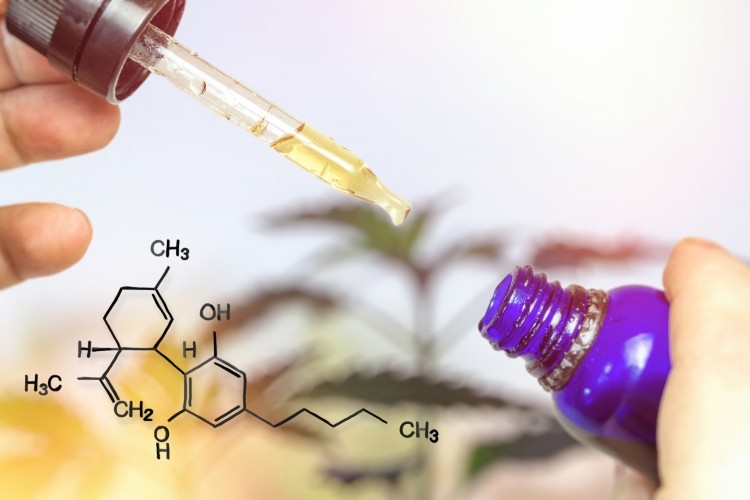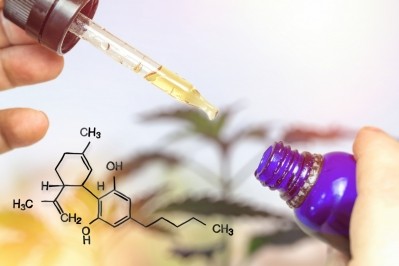FDA: We do not have a policy of enforcement discretion for CBD products

Speaking during a hearing before a subcommittee of the U.S. Senate Committee on Appropriations in March, then Commissioner Gottlieb stated: “We’re using enforcement discretion right now [when it comes to products containing CBD] … I will take enforcement action against CBD products that are on the market if manufacturers are making what I consider ‘over-the-line’ claims.”
However, speaking during a panel at the Dietary Supplements Regulatory Summit this week, Steven Tave, director of the FDA’s Office of Dietary Supplement Programs, voiced a different perspective.
In response to a request from NutraIngredients-USA for clarification, the Agency issued the following statement:
“Interest in the development of therapies and other consumer products derived from cannabis and its components, including cannabidiol (CBD), has grown rapidly over the past few years.
“Following the passage of the 2018 Farm Bill, the FDA explained its current approach to these products and outlined a step-wise approach to evaluate the regulatory strategy related to existing products, as well as the lawful pathways by which appropriate products can be marketed.
“While the agency recognizes the potential opportunities that cannabis or cannabis-derived compounds may offer, the currently available data leave open crucial questions about whether these products are safe or effective. A key of goal of our upcoming hearing and associated public docket is to identify and collate all available data to help us answer these questions in order to make sure that the American public is protected – including to the extent CBD is being introduced into our food supply or other common consumer products.
“Additionally, the FDA is aware some companies are marketing products containing cannabis or cannabis-derived compounds in ways that violate the law. Our biggest concern is the marketing of products that put the health and safety of consumers at greatest risk, such as those claiming to prevent, diagnose, treat, or cure serious diseases, such as cancer. That being said, the agency does not have a policy of enforcement discretion with respect to any of these products.
“Ultimately, the steps the FDA is taking will allow us to continue to clarify our regulatory authority over these products, seek input from a broad range of stakeholders and examine a variety of approaches and considerations in their marketing and regulation, while continuing to make sound, science-based decisions to protect the public’s health and safety.”
Public meeting will advance the conversation
In response to Tave’s comments, said Daniel Fabricant, PhD, President and CEO of NPA, said the Agency has not provided a consistent and clear approach to regulating CBD.
“The biggest losers in this are American consumers who are interested in this product,” he said. “Furthermore, the Agency has the authority to set safety levels for CBD, require Adverse Event Reporting, and good manufacturing practices. To date, the FDA has yet to establish what CBD products it considers safe or unsafe. We look forward to getting clarification from the Agency soon on this issue.”
A public meeting to discuss the “Scientific Data and Information About Products Containing Cannabis or Cannabis-Derived Compounds” is scheduled for May 31. FDA said it is seeking input from the scientific community and the industry to answer such questions as:
- What levels of cannabis and cannabis-derived compounds cause safety concerns?
- How does the mode of delivery (e.g., ingestion, absorption, inhalation) affect the safety and exposure to cannabis and cannabis-derived compounds?
- How do cannabis and cannabis-derived compounds interact with other substances (e.g., drug ingredients)?
















